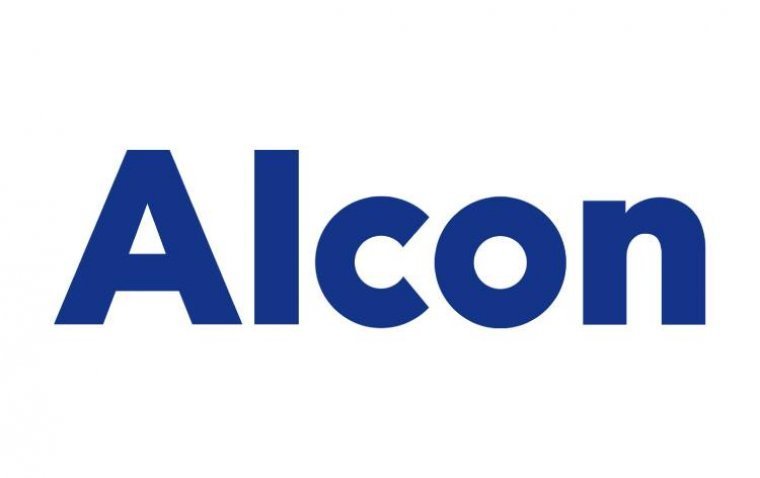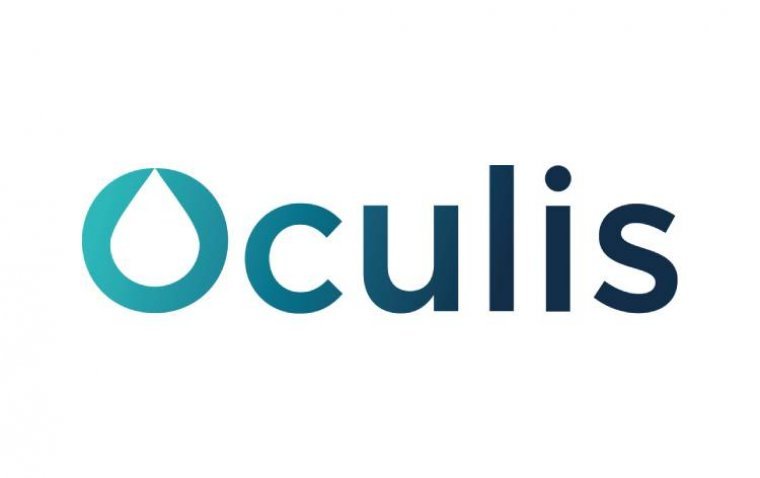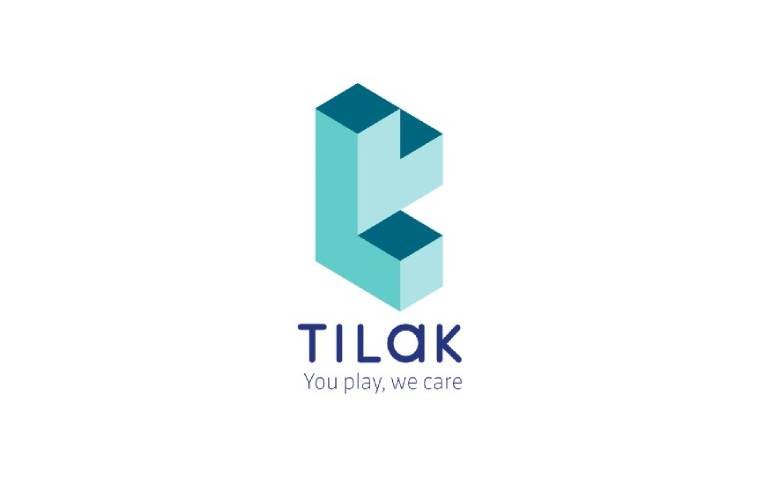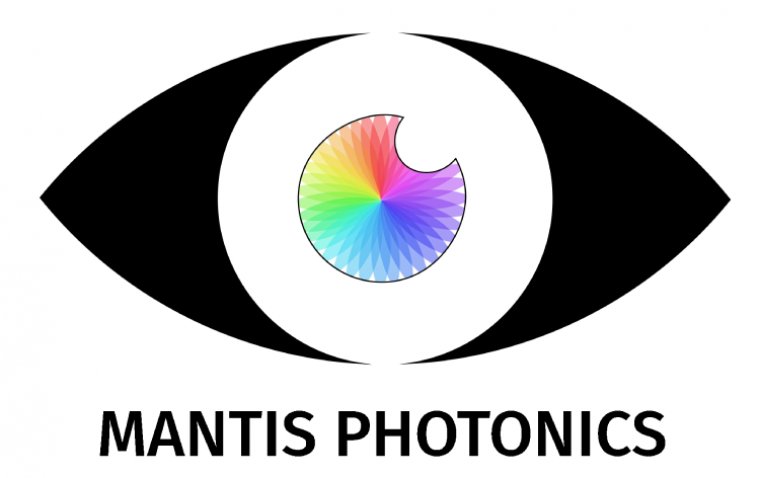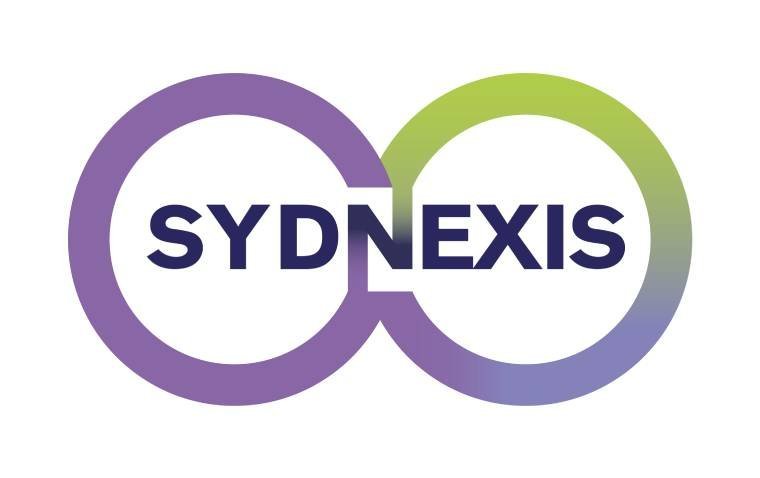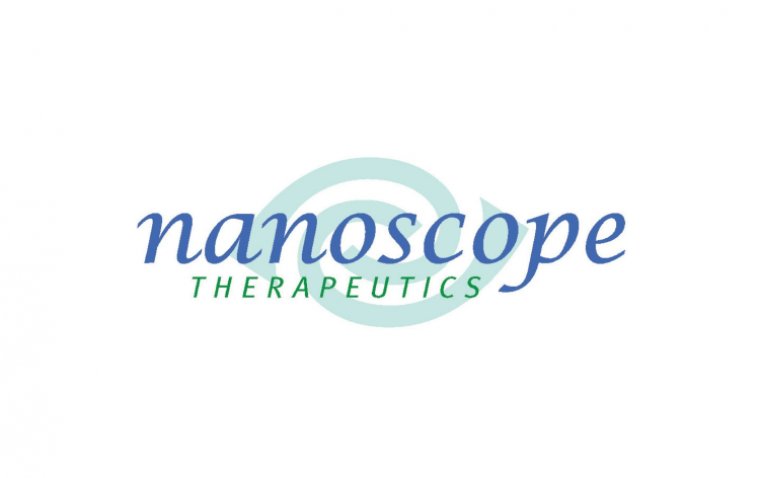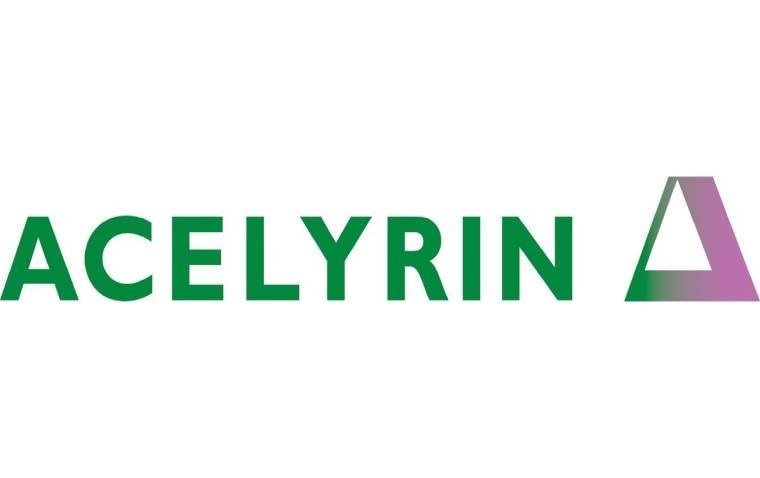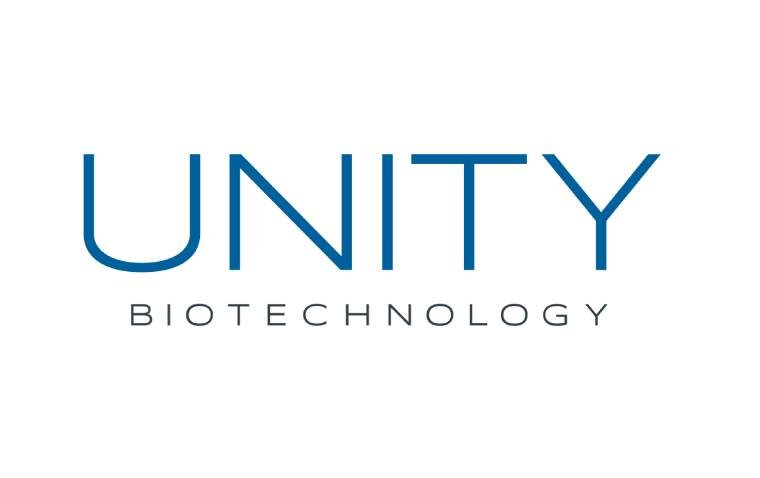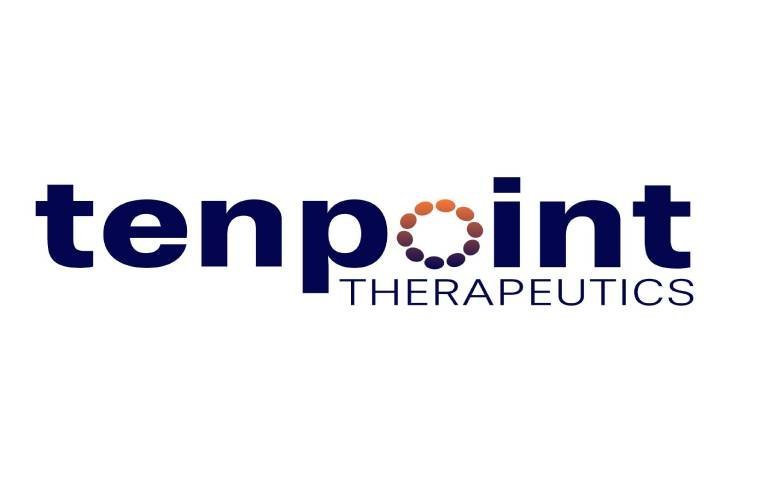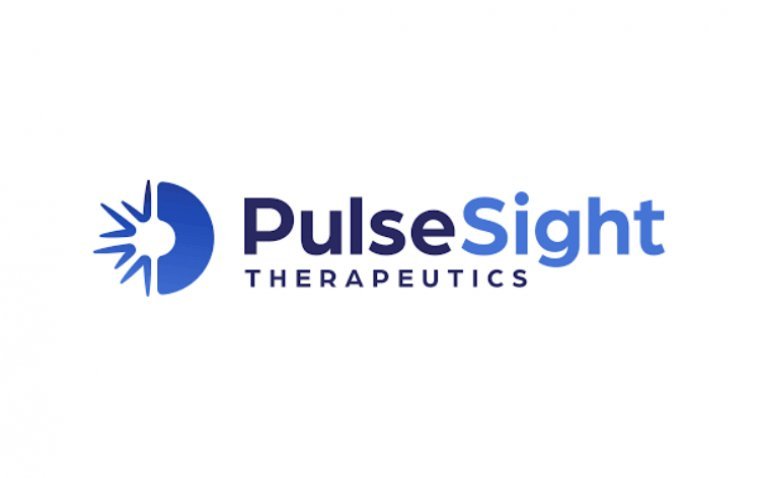
PulseSight Therapeutics Advances PST-611 for Dry AMD/GA with Phase 1 Clinical Plan
PulseSight Therapeutics SAS has submitted a clinical trial authorization (CTA) to the Agence Nationale de Sécurité du Médicament et des produits de santé (ANSM) for a Phase 1 trial of PST-611, a novel therapy for dry age-related macular degeneration (AMD) and geographic atrophy (GA). This marks a significant milestone in the development of a potential breakthrough treatment for these vision-threatening conditions.
About the PST-611-CT1 Trial
The PST-611-CT1 Phase 1 trial will be the first-in-human study for PST-611.
Key Details:
• Objective: Assess the safety and tolerability of PST-611 in humans and establish the maximum dose for a Phase 2 proof-of-concept study.
• Design: Single ascending dose trial involving 6 to 12 patients with dry AMD/GA.
• Timeline:
• Start Date: Early Q2 2025
• Initial Results: Expected by the end of 2025 or early 2026
What is PST-611?
PST-611 is a first-in-class non-viral vectorized therapy developed to address the underlying causes of dry AMD/GA.
• Mechanism of Action: The therapy expresses human transferrin, a powerful iron regulator, to restore iron homeostasis, thereby reducing oxidative stress and inflammation.
• Benefits: Preclinical studies have shown that PST-611 can:
• Protect the retinal pigment epithelium (RPE).
• Prevent retinal degeneration.
• Mitigate vision loss.
Building on Previous Success
The trial builds on PulseSight's earlier successes:
• Clinical demonstrations of the favorable safety profile of its electrotransfection delivery system and plasmid technology.
• Preclinical data confirming the beneficial effects of PST-611 in reducing retinal oxidative stress and inflammation.
CEO Commentary
Judith Greciet, CEO of PulseSight Therapeutics, expressed optimism about the trial’s potential:
“This first-in-human study is a significant milestone for the clinical development of PST-611, which we believe holds the potential to become a major new treatment option for patients with dry AMD/GA. Our goal is to confirm the safety of our drug candidate and rapidly advance to Phase 2 to demonstrate transferrin’s ability to protect retinal cells from atrophy and preserve vision.”
Looking Ahead
If successful, PST-611 could represent a transformative advance in the treatment of dry AMD and GA, offering patients a novel option to address these progressive and debilitating eye conditions. The upcoming Phase 1 trial is a crucial step toward realizing this potential.
(1).jpg)
